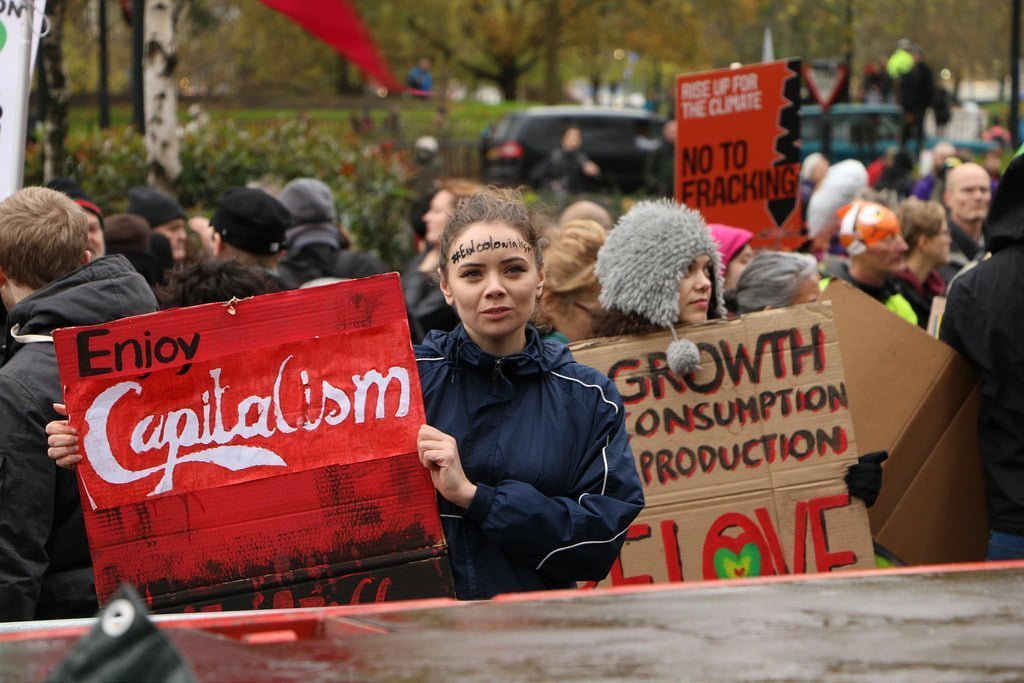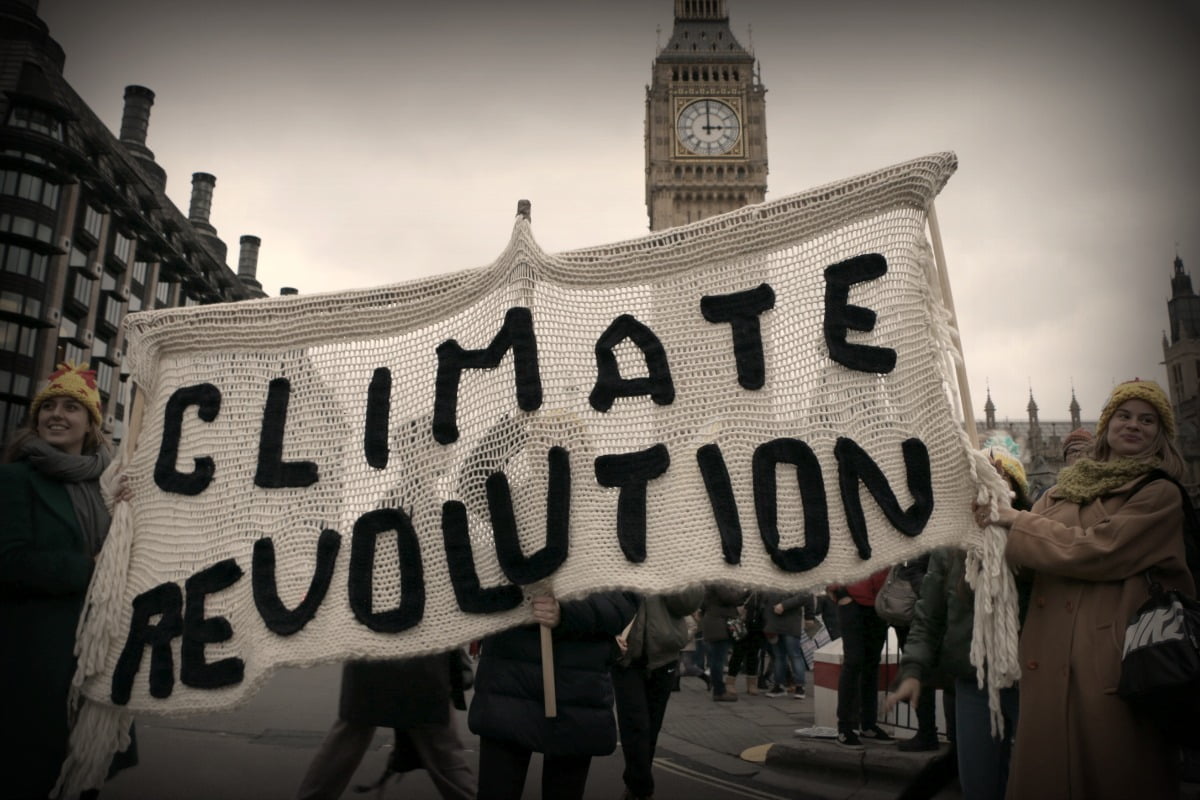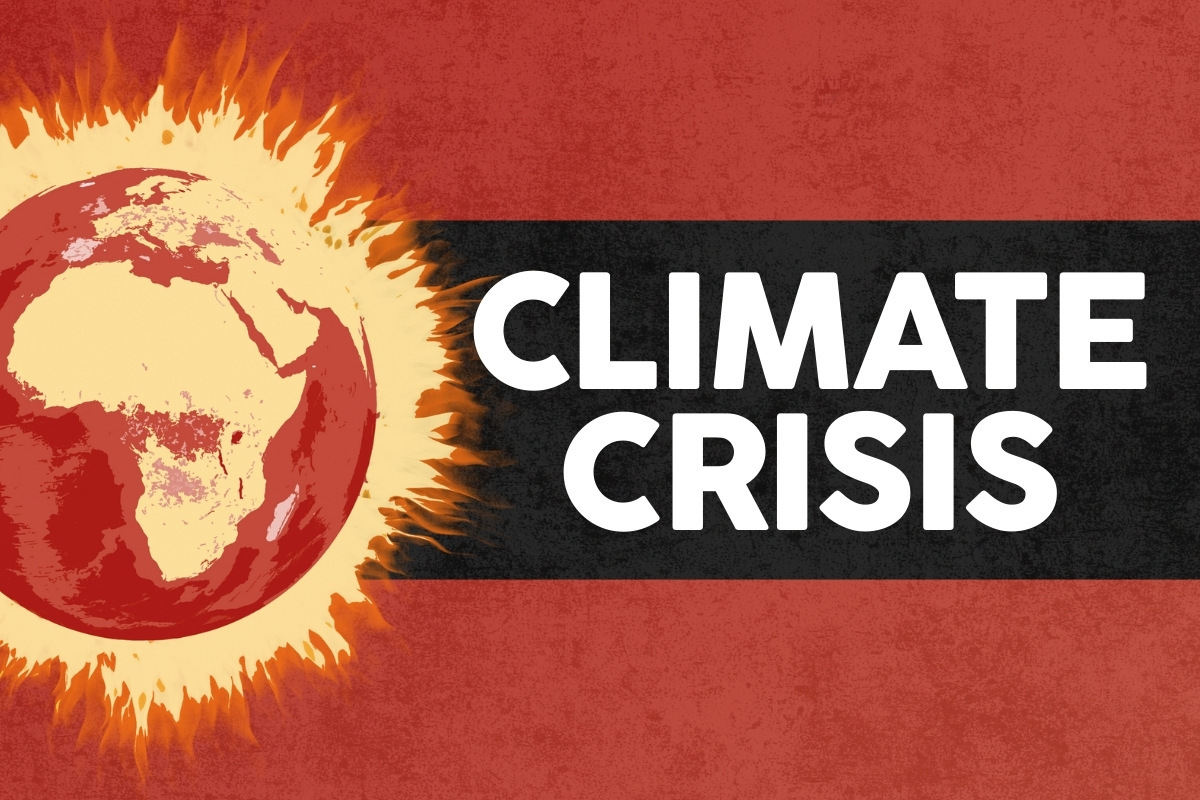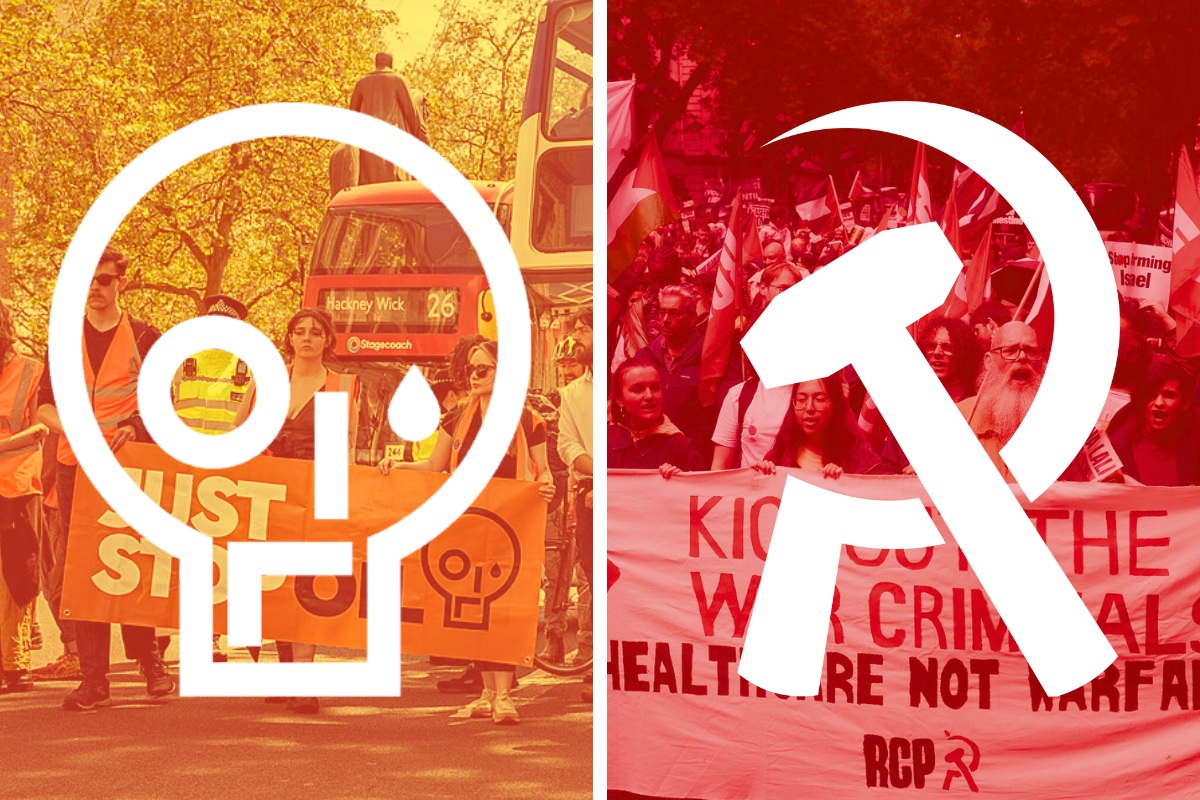The United Nations’ annual climate change summit, COP23, is drawing to a close in Bonn, Germany. But, as Joe Russell explains, such summits have been shown to generate little other than a lot of hot air. Decisive, radical action is needed. To combat climate change, revolutionary change is needed.
The United Nations’ annual climate change summit is drawing to a close in Bonn, Germany. The COP23 Summit began on 6th November, with declared hopes of building on the ‘progress’ of the Paris Agreement of 2015.
These COP meetings began in 1995, drawing little public attention with the exceptions of the Kyoto Protocol being adopted in 2001, the embarrassing failure of Copenhagen in 2009, and the much revered Paris Agreement itself.
The Paris Agreement was widely spoken of as being a huge step forward. This ‘accord’ consisted of the unanimous signing of a ‘complete document’ that set out ‘goals’ and a ‘framework for action’. Almost 200 countries signed up, including both China and America. Unfortunately however, the agreement has already revealed its fragility, with Donald Trump threatening to withdraw and reports that the leading emitters are in no way on track for their pledges.
The election of Donald Trump overshadowed the COP22 meeting of last November, but COP23 is being more closely watched given the dramatic and devastating climate related disasters of 2017. Last year was the hottest on record and fast action is needed now to respond to this.
So what should we demand and what should we make of the latest episode of the UN’s COP series?
From tragedy to farce
In environmentalist circles the COP summits are regarded as a farce. Climate scientists regard the current pledges as inadequate. What’s more, the Paris Agreement does not actually oblige any country to commit to any particular reduction in emissions as such. The Kyoto Agreement at least claimed to have some ‘legally binding’ aspects, whereas the Paris Agreement just leaves individual governments to control their own pledges, and nobody has yet managed to agree on the mechanisms that would implement any of these actual pledges or policies.
The inability of different national leaders to agree on any workable mechanisms indicates their inability to come up with a concrete plan. This is because the fundamental driving forces behind the world’s governments and businesses are tied to capitalist economics and international relations. These are chaotic driving forces, based on competition and the profits of rival multinational monopolies. What these politicians are doing is pretending to be working on a plan, without having any real control over its implementation.
Only if it were to become profitable to do so would capitalism move towards taking any real action over the huge task of a rapid transition to clean energy. Clearly there is no sign of that happening. Investment is crippled by the economic slump and government debts are a constant weight on state expenditure everywhere, more so since the financial crash of 2008.
The barrier of profit
 In the face of capitalism’s crisis, much of what investment remains is being used to preserve or expand existing markets. The foreign policies of the leading capitalist governments are completely focussed on this struggle between themselves for markets and profits, rather than on any global, cooperative plan to tackle environmental crises in general and global warming in particular.
In the face of capitalism’s crisis, much of what investment remains is being used to preserve or expand existing markets. The foreign policies of the leading capitalist governments are completely focussed on this struggle between themselves for markets and profits, rather than on any global, cooperative plan to tackle environmental crises in general and global warming in particular.
For example, foreign direct investment (FDI), particularly by China, is being carried out in Africa in order to develop, control, and brutally exploit markets there. There are no concerns about the appalling environmental fallout to be seen here. This plundering is continuing despite China being world leaders in solar power generation and despite all the other imperialists’ pledges made at COP21.
The UN is well aware that China and the rest clearly have no intention of seeing an end to the fossil fuel industry: “large-scale FDI projects in African LDCs continue to focus on extractive and related industries…Examples include petroleum refineries; natural, liquefied and compressed gas production; and, to some extent, metal and metal products in the manufacturing sector. In the services sector, growth in transport and storage is due to large-scale projects in oil or natural gas pipelines and terminals.” United Nations, Global Investment Trends Monitor 2017
We cannot wait for the invisible hand
We do not have the time to wait for the ‘invisible’ hand of the market to somehow point the greedy capitalists in the direction of salvation. This would be a very long wait indeed.
Climate change is not some distant threat – it is the here and now. Fiji, for example, has kindly been offered the prize of presiding over the farce that is the COP23 summit, presumably to demonstrate the UN’s sincerest concerns over the fact that Fiji is currently disappearing into the ocean. Fiji has had to relocate entire villages that are now being invaded by rising sea-levels.
The UN’s ‘concerns’ however, are of course completely worthless. It is decisive action that is required. Unfortunately for the fate of humanity, that happens to be precisely the UN’s Achilles heel, as its entire history has demonstrated. The United Nations is unable to carry out any such plan for a simple reason: as Marxists have always pointed out – you cannot plan what you do not control, and you cannot control what you do not own.
Production for people and the planet
Marxists propose an alternative: removing the grip of the capitalists and the market. The working class must have a rational plan of the economy and genuine democratic control of society, including energy production and distribution, as well as the rest of industry. Work and investment should not be geared towards the profits of the few but for society’s needs.
It is not in the interest of any worker to see climate change poisoning the air we breathe and the water we drink, depleting the resources we need, forcing migration, and creating dangerous and extreme weather conditions.
It is in the interests of the workers of the world, however, to work together and coordinate the making and distribution of things, under a socialist plan of production. This would put an end to the pollution and wastage of the bosses’ system that is destroying our environment.
And it is very much in the interests of the working classes in all countries to utilise the free and unlimited energy sources which would be available in a socialist society, and which are currently neglected by the capitalists as being ‘unprofitable’. With democratic workers’ control of the means of production, we would finally be able to put so many of our universal interests into action.
This is not remotely what COP23 is about. We must have no illusions in its potential, claimed or otherwise. The working class of the world deserve the superior alternative of a democratic, planned socialist economy. We must call for the expropriation of the key levers of the economy, including the blood-and-tar-stained criminals of the fossil fuel industry.





